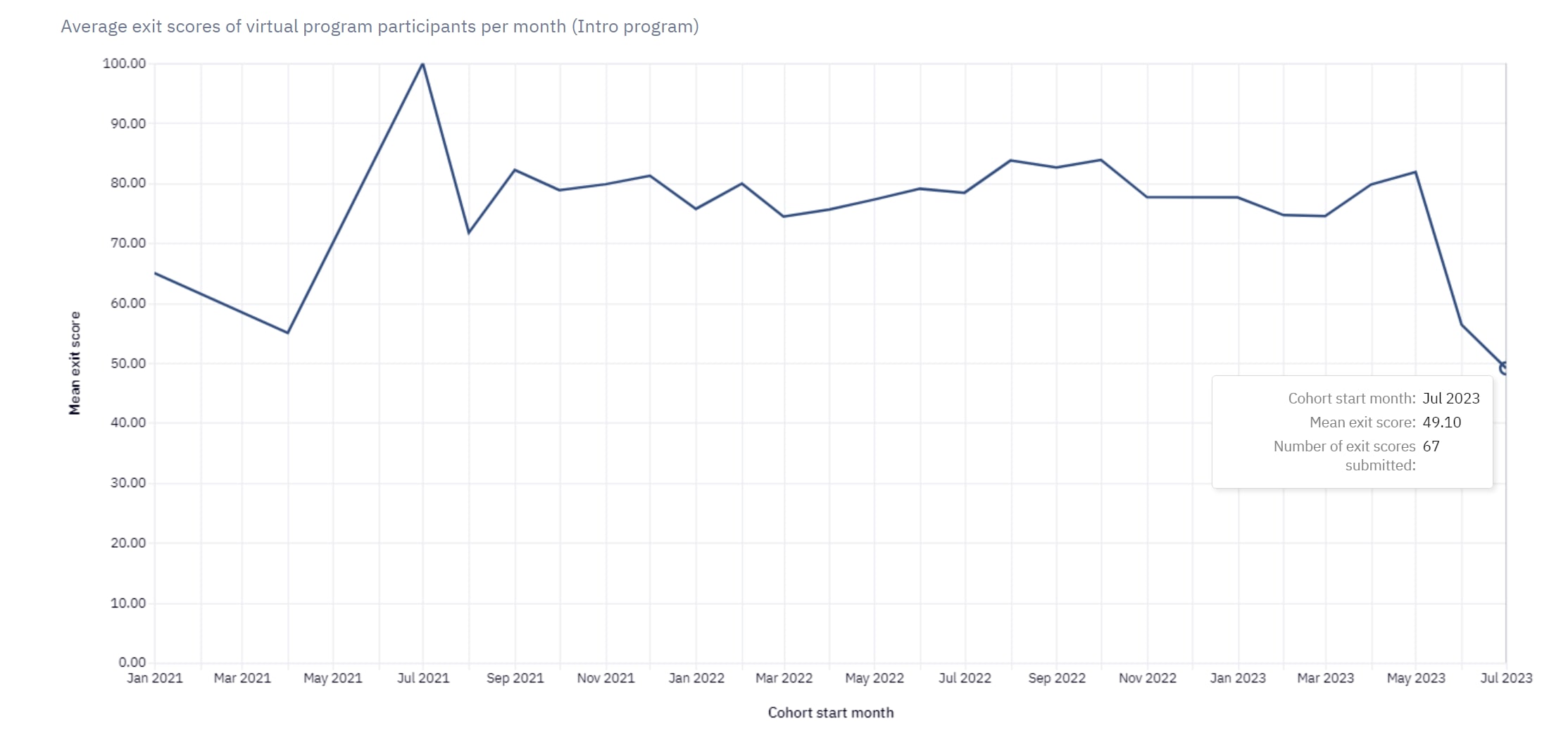Welcome!
If you're new to the EA Forum:
- Consider using this thread to introduce yourself!
- You could talk about how you found effective altruism, what causes you work on and care about, or personal details that aren't EA-related at all.
- (You can also put this info into your Forum bio.)
Everyone:
- If you have something to share that doesn't feel like a full post, add it here! (You can also create a quick take.)
- You might also share good news, big or small (See this post for ideas.)
- You can also ask questions about anything that confuses you (and you can answer them, or discuss the answers).
For inspiration, you can see the last open thread here.
Other Forum resources



While I agree to the fact that more money is not inherently valuable, I believe that there is a valid case for patient philantropy, which you haven not engaged with in your critism of the concept.
Moreover, I disagree with the statement that unequal distributions of power are conceptually opposed to distributions that maximise welfare impartially in light of the argument that it is likely good to increase the power of agents who are sufficiently benevolent and intelligent.
I assume that you refer to distributions of power which maximise welfare impartially by saying altruistic distributions. If this interpretation is incorrect, my disagreement might no longer apply.
Epistemic status from here: I do not have a degree in economics and my knowledge of market dynamics is fairly limited so I might have missed some implicit fact which validates the argument I am commenting on.
I believe that it may be inappropriate to see accumulating money as determining influence over scarce resources in a zero-sum manner since gaining money does not necessarily reduce the influence of any other involved parties over existing resources.
To understand this, we can look at the following scenario:
In the real world Bob could presumably leverage his financial advantage by hiring mercenaries to steal the bet nets from Alice or using other forms of coercion but he does not necessarily do this.
Thus, Alice has lost potential influence but not influence, which is an important distinction because altruists are highly unlikely to use their money for the purpose of actively taking resources from recipients of charity or their benefactors.
Notably, the evaluation would look different if one believed in strong temporal discounting of money since the altruists would then be diminishing the value they are providing through their donations by delaying them, thereby subtracting from the influence of the charities relative to the counterfactual. But in that case the altruist would not have gained any influence, making the sum negative but not zero.